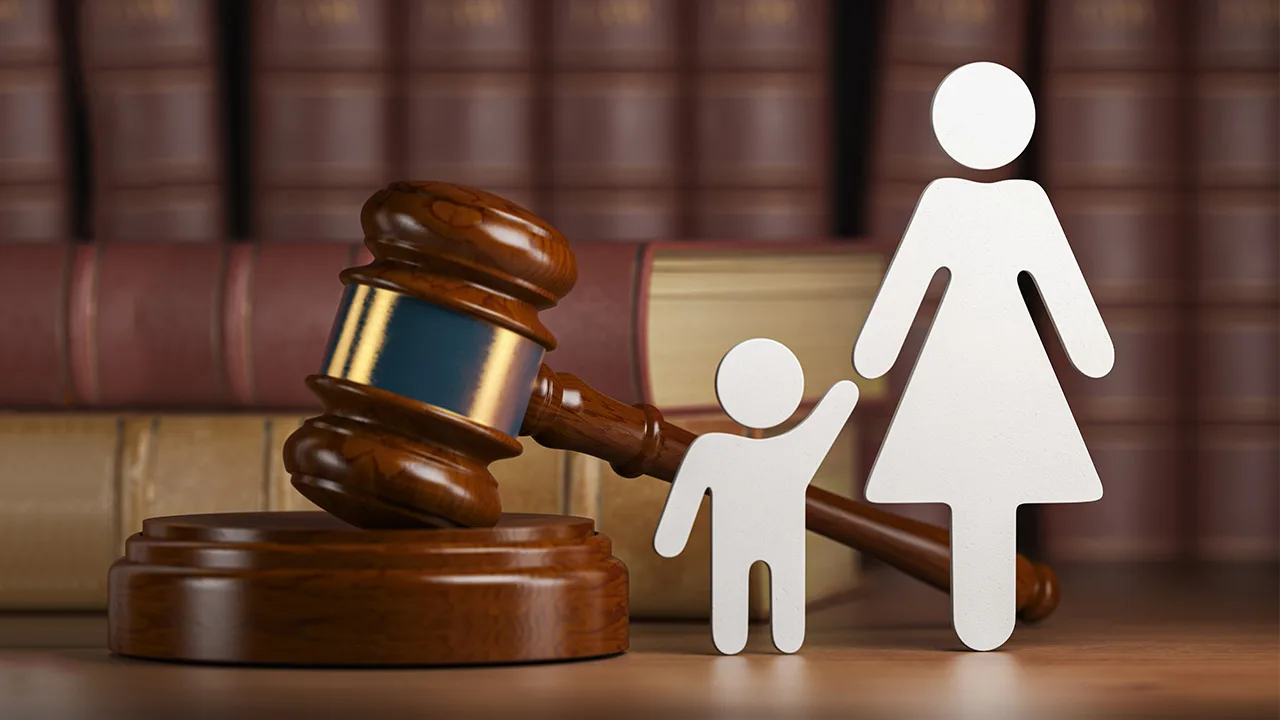
Discrimination is a pervasive problem in society that affects various areas of life, including the legal system. Discrimination in family courts is a serious issue that affects many people. In the context of family courts, discrimination can take many forms, such as bias against a parent’s race, gender, sexual orientation, economic status and discrimination against parents with disabilities.
Gender bias is an especially pervasive form of discrimination found within family courts. In many cases, mothers are favored over fathers when it comes to custody decisions. Social science research demonstrates that despite gender neutral child custody laws, there remains a preference favoring mothers in child custody cases based upon stereotypes about gender. The stereotype that a mother has a superior ability to nurture based on her gender and the nature of giving birth remains a challenge for fathers to overcome in child custody matters. Fathers can address these stereotypes by committing to be present at important events such as performances, school activities, and in general spending quality time with his children. To combat the “dad can’t do it” stereotype, fathers can also educate themselves with parenting guides and books as well as enroll in and take parenting classes to ensure that they are able to cast themselves in the best possible light before the court.
Racial inequality is another type of discrimination found within family courts. According to Family Lawyer Magazine, racism and discrimination in family law past and present still exists today. This can be seen in the way that authorities are more likely to seek the removal of children from a parent of color’s care and appear more often to charge Black parents with neglect than white parents.
Another form of discrimination that can occur within family courts is disability-based discrimination. Parents with disabilities may face additional challenges when trying to secure legal custody of their children due to stereotypes about their ability to care for them properly. Similarly, individuals with mental health issues may find themselves facing bias from court personnel who do not understand the complexities of mental illness and its effects on parenting abilities.
Discrimination in family courts is an important issue that needs to be addressed so all families have equal access to justice regardless of their gender or race. It is important for everyone involved in the legal system – from lawyers to judges – to recognize these issues so they can work together towards creating a fairer system for all families involved in court proceedings.
It is important for individuals facing family court proceedings to be aware of potential forms of discrimination so they can protect themselves and their families from unfair treatment. If you feel like you have been discriminated against in any way during your case, it is important to speak up and contact an attorney who specializes in family law issues so they can help you seek justice and ensure your rights are protected throughout the process.
In addition, there are steps individuals can take before entering into a family court proceeding that will help them confront any potential discrimination they may face during the process:
- Research your state’s laws regarding family law issues such as child custody and visitation rights
- Educate yourself on any relevant legal precedents that could impact your case
- Speak with an experienced attorney who specializes in family law issues
- Gather evidence and witnesses if necessary
- Prepare yourself mentally for what could happen during the proceedings
- Remain calm and composed during all interactions with court personnel
- Speak up if you feel like you have been treated unfairly or discriminated against at any point during the proceedings
- Seek out support from friends and family members throughout the process
By taking these steps before entering into a family court proceeding, individuals will be better prepared to confront any potential forms of discrimination they might face during their case. It is also important for individuals going through this process to remember that no matter what happens in court, they still have options available outside of court if needed – such as filing a complaint with their state’s human rights commission – which could help them seek justice if needed.
If you feel you have been discriminated against in family court, it’s important to contact an attorney who specializes in civil rights law so they can help protect your rights and ensure justice is served. Your lawyer will be able to advise you on how best to proceed with filing a complaint against the offending party and seek legal remedies for any damages incurred due to the discrimination experienced at court proceedings.
It’s important to remember that discrimination within family courts does not just affect men or women, or any particular race or disability group – it affects everyone involved in the process. It can also affect your finances, so if you feel that you have experienced this with your finances then you should consult a local bankruptcy lawyer in Alabaster or wherever you are living. It’s essential that we work together to ensure equality within our legal system so that all individuals have access to justice regardless of their background or circumstances.
Finally, it’s important for individuals who experience discrimination within family courts to speak out about their experiences so others know what happened and how they were affected by it—this helps raise awareness about this issue and encourages others who may have faced similar situations not feel alone or ashamed about speaking up about what happened to them. It’s also important for people who witness discriminatory behavior within family courts—whether it’s directed at themselves or someone else—to report it so that appropriate action can be taken against those responsible for perpetuating such unjust practices.

Leave a Reply